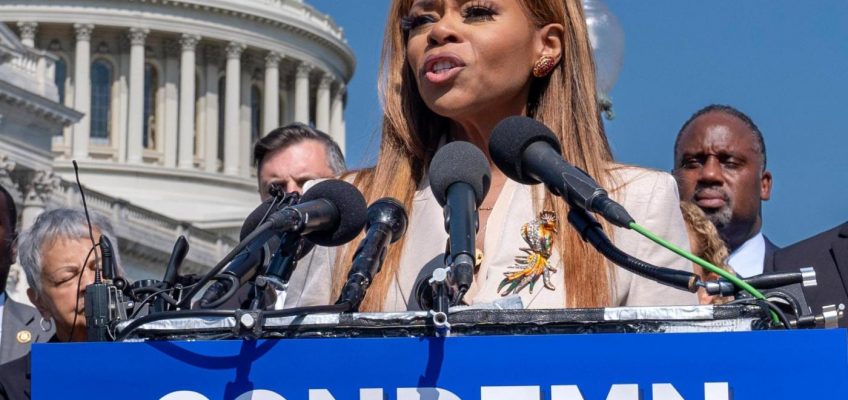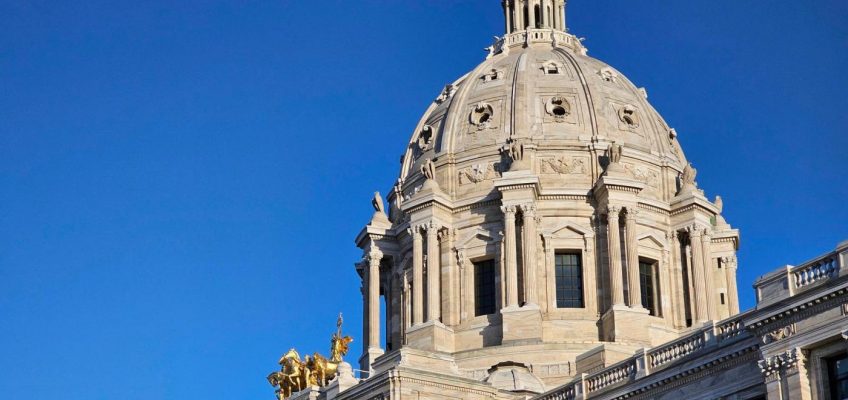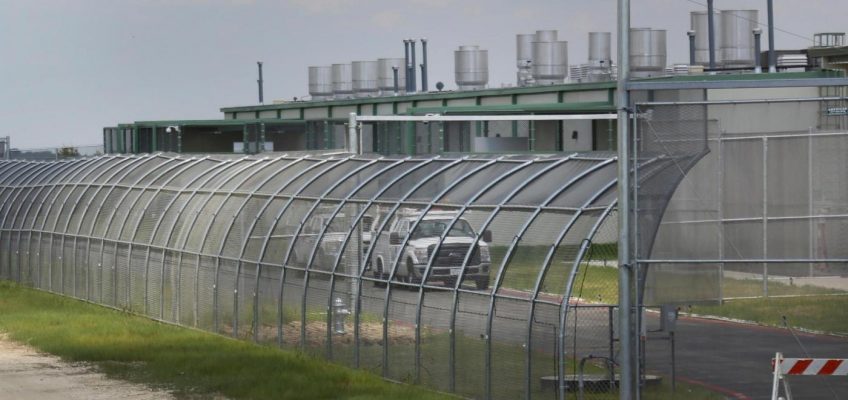Officials building Minnesota’s paid family and medical leave program set to launch Jan. 1 say they’re confident that built-in fraud prevention measures will prevent widespread abuse of the new benefit.
More than 130,000 people are expected to use the new benefit in its first year at a cost of around $1.6 billion. Around 400 state employees will administer the program.
After several high-profile schemes cost the state hundreds of millions of dollars, some state lawmakers want more scrutiny of fraud controls.
Federal prosecutors have said fraud in Minnesota government programs in recent years could exceed $1 billion, and new cases continue to emerge.
Fraud prevention measures
Minnesota’s Department of Employment and Economic Development outlined some of its fraud prevention measures for House members on Wednesday at the Fraud Prevention and State Agency Oversight Policy.
“There is no one silver bullet for program integrity. You’ve got to have a combination of people, process and technology,” said DEED Deputy Commissioner Evan Rowe. “We have a variety of overlapping controls.”
DEED will use existing data from Minnesota’s unemployment insurance program, which has a strong reputation for fraud prevention, to identify and lock accounts suspected of being compromised by hackers or impostors. A 2022 report from the nonpartisan Office of the Legislative Auditor found unemployment insurance, which DEED administers, was effective in preventing fraud.
To access benefits, applicants must submit identification and take a photo of themselves to sign up through an online platform called LoginMN, a centralized sign-in site for state services. All claims must be certified by a health care provider or other appropriate professional.
“The selfie is to prevent fraudsters who may try to use AI to scam identities,” said Minnesota Information Technology Services Deputy Commissioner Jon Eichten.
A team with access to data analytics to spot overall trends in the paid leave system will review claims. Minnesota will be the first state to integrate electronic health records into its paid leave system. The state will also conduct random audits of claims.
Cybercrime, identity theft
Rowe said his agency expects cybercrime and identity theft to be among the main forms of fraud they’ll face. But they’ll also need to ensure applicants are telling the truth on claims. Multiple points of validation will help combat dishonest applicants, he said.
Republicans on the committee zeroed in on several areas of potential fraud in the program, including verification of eligibility, monitoring intermittent leave, and the number of caregivers who can be qualified to help one person with medical needs.
“When I look at how people are going to misuse and abuse this program, it is when they say they are the caregiver … and they take off 2 weeks, 3 weeks, 4 weeks, 5 weeks, 6 weeks, 10 weeks, whatever it is, and they don’t actually provide care,” said Rep. Marion Rarick, R-Maple Lake.
Republican members pressed state officials for information about the upper limit for the number of people who can care for a single person. There’s technically no limit set in statute, though Rowe said there’s a review process for “complex” family situations and that there will be data to track connections between claims.
“Our program integrity unit exists to ensure that we have checks in place when there are multiple caregivers in place,” he told the committee. “We are going to be extremely careful about thinking about how those pieces can be put in place to ensure that the system is being respected … that individuals are only getting the benefits that they’re entitled to.”
‘We’ll be auditing’
Legislative Auditor Judy Randall, who heads the independent watchdog office that reviews state government programs, said she was impressed by the built-in controls in the soon-to-launch paid leave system.
“Putting the controls in place up front is by far the most effective. It’s much better than pay and chase, which is what we have found ourselves doing in some of the programs,” she said, later adding: “I’m encouraged, I’m hopeful, but we’ll be auditing.”
Minnesota paid leave will be the 13th state-run program of its kind, and is one of many new policies Democratic-Farmer-Labor leaders enacted when they controlled state government during the 2023 legislative session.
It will be funded by a new 0.88% payroll tax on most employers. It can be split between employers and employees. Employers can choose to cover the entire cost of the benefit, but most can charge employees up to about half the amount: 0.44%
Initial costs are covered by $668 million from the historic $18 billion surplus during the 2023 legislative session.
How it works
Starting next year, most employers will be required to offer employees 12 weeks of family leave and 12 weeks of medical leave. Annual time off will be capped at 20 weeks.
Events like having a child, a serious illness, or caring for a sick family member are eligible for coverage. Supporting a family member called to active duty in the military, responding to personal safety issues and bonding with a child also qualify.
The amount of money workers will qualify for under paid leave will depend on their wages.
MN lawmakers hear about impact of canceled federal higher education grants
Special MN House elections set for St. Paul, Woodbury seats
St. Paul PD’s first AI policy: How is it being used and what’s next?
Lawsuit filed after St. Paul City Council unanimously approves firearms regulation ordinance
MN GOP gubernatorial candidate Lisa Demuth talks priorities at tour stops




